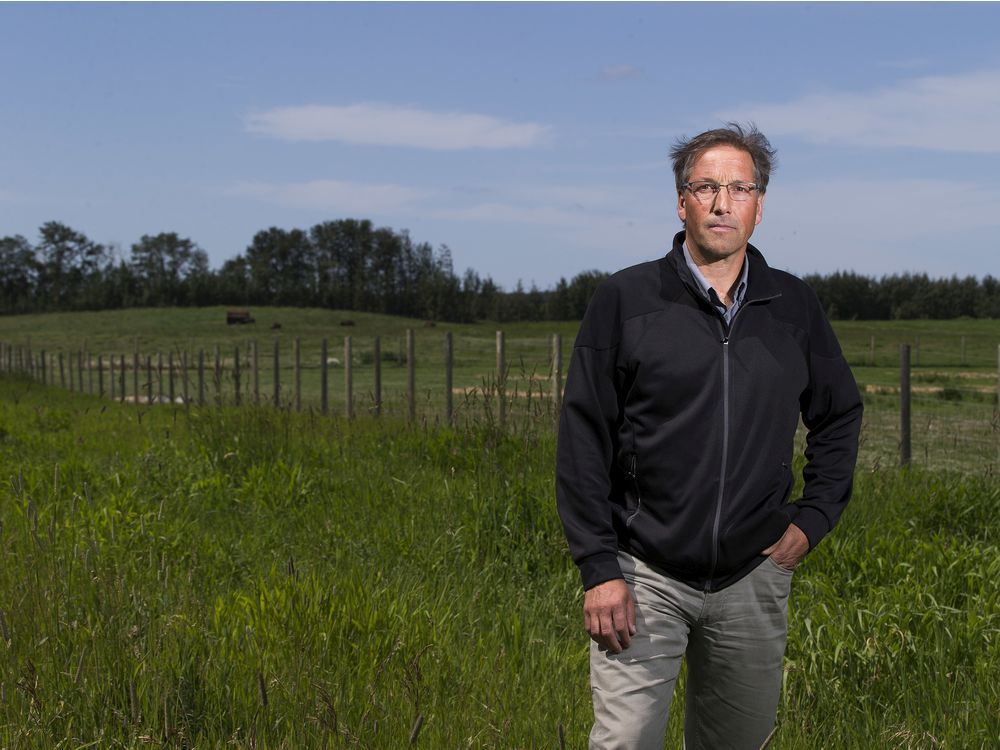strata
Active Member
@strata @cmd uw
^I'm saying that that the "normal" suburbs (single houses, cul-de-sacs, etc.) are a symptom of bad city planning, not the cause of it. I'm not blaming the symptoms for getting the illness, per say.
^You're right about people having the freedom of choice, and if the burbs is truly what they want at heart then all power to them. However, I just personally think that what most people want is conditioned over time through their own life experience and what viable options are available. For example, If 95% of the housing market in your town and city is single-detached homes, and you live in one that your parents bought who lived under one which your grandparents bought and so on, then you've most likely been conditioned to believe that's the only right option for you and your future family. Now, if more options are available to someone (and good options) for living in a more compact and urban space, and if that person is close to people who live in these spaces or were raised in one themselves, then their experience is broadened and they can contemplate different options for themselves and/or their future family. If they are still set on the suburbs then that's fine, but at least they can make an educated choice. If that's right or wrong is up to you, but isn't that train of thought logical nonetheless?
Can't say I agree with your 2nd point.
Edmonton has seen a massive amount of immigration over the past few years from Asian countries where density is very much what they are used to. And yet, you have seen the majority of those people choosing to live in the suburbs. One of the most attractive parts of immigrating to Edmonton is the ability to live in a ground oriented home. The appeal to owning a small piece of heaven in the form of a backyard is not something that is reserved for any particular family from any particular background.
And once they are settled in, and the time for the "educated choice" you refer to, they stay there more often than not.
